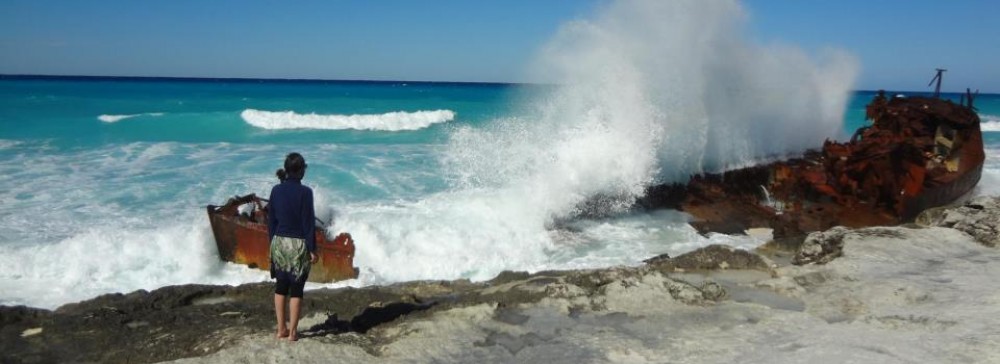Once again, I’m stuck in the hospital. I was brought here after vomiting blood (pleasant) and then got myself admitted because my blood levels were even lower than they expected. Cue the usual series of tests, scans, meetings, add in 3 blood transfusions and 1 platelet transfusion (both of which I am now an unlikely fan), and here I am. In the midst of all this, it comes to light that our apartment isn’t safe for me anymore, so now we get to move into a luxury apartment (the only kind new enough to conform to disability standards in Boston) ASAP. A necessary move that is both good (luxury apartment bitches!!!!) and sad (we love our house now — it’s our lovely little first home).
So that’s been our week. Ask how I’m not losing my mind and I can’t tell you. One of the oncs on call actually told me that I have weeks to months left, but all Kai and I have been thinking about are the logistics of moving so soon. Coping mechanism? Probably. But then again, I’ve always been a statistical outlier and that’s been in my favor in the past. And “weeks to months” doesn’t feel right — just doesn’t sit right with either Kai or me — on more than an emotional level. It just isn’t going to happen — and we’ll hold onto that for as long as we have to.
Coping isn’t always about facing the truth or the supposed truth head on. Coping is a negotiation, a maze like navigation among the thousands of stressors that push themselves into our brains and our lives. Coping is active and communal — it means sharing your fears but also embracing your hopes and placing your belief in the ideas that feel right to you. Coping is a flexible, day by day process, the outcome of which has a new shape each day. Coping works and it doesn’t — it can’t change the future, can’t predict what’s going to happen, but it does something far more important. It breeds the energy you need to shape your future as much as possible. It gives you the bravery to ask questions, the strength to listen to the answers, and the insight to write your way effectively into the story those questions and answers create.
The growing limit to my mobility has been one of the greatest tests of my coping mechanisms. I had to give up riding and climbing, two of the most important elements of my life. The night we realized I would never ride again I cried — no wailed — for an hour. I’ve ridden since I was six and worked harder on doing it well than I have on anything else in my life. I was not naturally talented. I had a feel for horses, but my position was a disaster and my body completely out of my control. At first, I was horrified of how far away the ground was. But I stuck with it, and after a series of amazing, hard trainers and horses, countless late nights watching good riders and learning their techniques, and thousands of hours in the saddle, I suddenly became good. Honestly, I was better than good. I became my best trainer’s demo rider and worked his clients’ horses. I kept learning. Compliments poured in. I knew I could ride at the highest level well, but the money for the horse wasn’t there. So I kept riding others’ horses — any horse I could — and then one day the perfect horse, who I loved and who loved me, who had the talent, who I blended with immediately, dropped in my lap.
And then my mobility failed.
Coping isn’t about managing seamlessly. Coping is recognizing the fault lines that show up across the plain of our plans. Coping is holding out hope, but taking a good, long look at those cracks. And then coping is about learning to step over them.

You are an inspiration.
You are an amazing woman Kiara! Strength to you and yours and keep looking forward. You are not done. I know it too. Love those outliers.
Very inspiring. I’m really sorry to hear about your mobility and riding horses. I remember you would tell stories in the writing center about taking care and riding the horse. Thank you for always sharing and giving.
Don’t listen to those on-call docs. They don’t know you or your history or your strength. All they see are numbers. You know you and you’re more than numbers.
You are and will always be the most beautiful and elegant rider I know. Our Max had his best days with you in the saddle. Sending you all kinds of crazy love❤️ You are an inspiration.
elena Wohl
Beautiful post xoxo
All my best wishes for you, Kiara.
You will continue to write your own story, Kiara, and I (along with many others) will be honored to listen. Thank you for writing, and for sharing.
Carolyn Conte